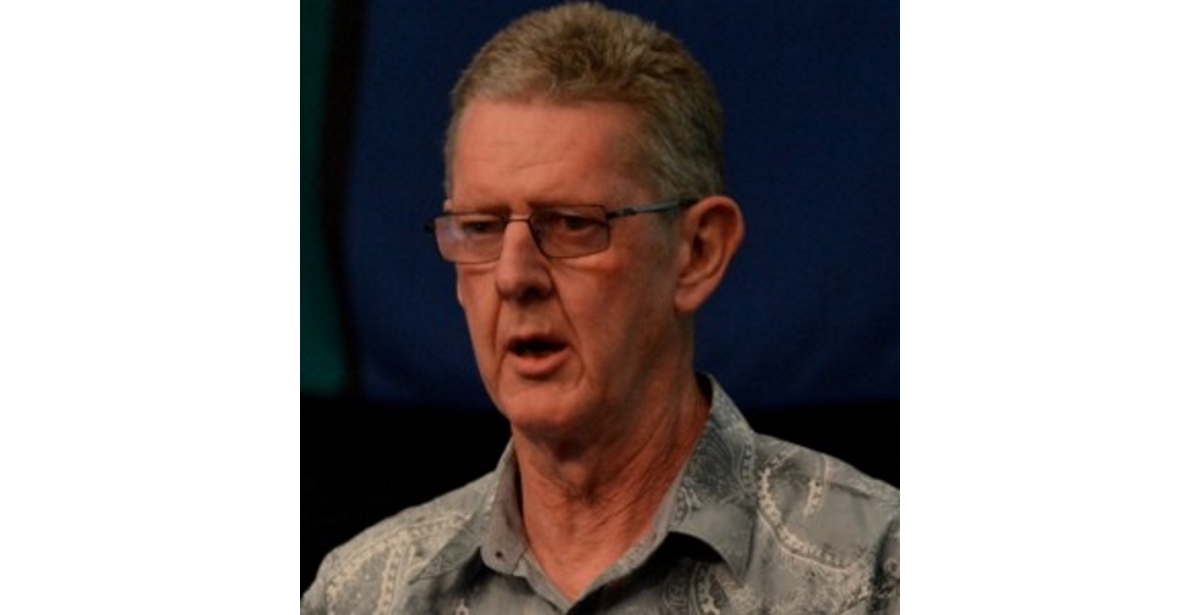
Congratulations to Dr Mike Tyrrell, Flinders University higher degree student who was recently awarded his PhD.
Mike’s early organisational psychology work in Papua New Guinea (PNG) first alerted him to the value of developing effective tools for selecting people to work in challenging locations. The study thus had a very long gestation. It was conceived out of Dr Tyrrell’s long and deep experience in PNG and as a senior manager and highly respected senior psychologist in remote Australia. It was borne, finally, due to his tenacity.
His study was inspired by a question he was often asked when working in remote PNG in the 1970s: “What are ya mate? A missionary, a mercenary or a misfit?”, colloquially known as ‘the 3Ms’. These are often used to characterise the motivation of people choosing to work in remote locations.
The aim of this doctoral research was to establish the nature of health practitioner motivations that influence the decision to seek work in very remote Indigenous communities, and to establish the potential for predicting workforce retention in these areas of high need. The rationale of the study was founded on the maldistribution of health practitioners across Australia and the high costs, in financial, human and service quality terms, associated with high turnover and low retention rates of health professionals in remote Indigenous communities.
A total of 547 health practitioners from five ARIA+ levels of remoteness in Australia responded to the 140 item Health Practitioners Motivation Survey, which was compiled for the project. Using principal component analysis, 14 motivation components were identified which described the predominant motivations that influence health practitioners’ choice of workplace. Eight subscales provided measures relating to variables associated with very remote work experience, and specifically for three years’ very remote Indigenous community work experience. These final eight subscales provided the basis for the Very Remote Health Practitioner Motivation (VRHPM) scale developed out of this study. Four of these subscales were used in a model to estimate the likelihood of a practitioner having more than three years’ very remote Indigenous community work experience, compared with no such experience.
The 3Ms assertion was not supported by the findings of this study. If not spiritual, financial or anti-social impetus, what then motivates health professionals to work in very remote locations?
The instrument developed and tested in this study suggests he/she could be expected to be motivated by:
- Working and living in remote and very remote locations, near wilderness, sometimes in climatic extremes (Living location preferences);
- The opportunity for high professional autonomy (Clinical self containment);
- Intercultural interests: developing skills and knowledge relevant to working with Indigenous people, helping to “Close the Gap” between Indigenous and non-Indigenous health status;
- Combining work with adventure, challenge and frequent changes in a job (Challenge seeker);
- Working in a less structured environment, with unclear before- or after-hours boundaries, flexible work hours, high demand for personal availability (Personal demand preferences);
- Working in a context of high clinical demand, with the opportunity to develop advanced clinical skills (Clinical competence).
- A low sense of need for work/leisure balance or a comfortable or “healthy” lifestyle (Lifestyle);
- An absence of Relationship imperatives – an absence of or low felt need to cater for significant others’ needs when choosing a job.
- The VRHPM subscale set and the predictive model amount to original and ground-breaking work. It has enormous potential in various human resource applications with regard to solving workforce distribution problems in remote regions of Australia and the world.
Congratulations Dr Tyrrell.
The title of Mike’s study is: Health Practitioner Motivations in choosing Very Remote Indigenous Community Work: Developing a motivations scale to help establish both their nature and predictive potential for retention.

